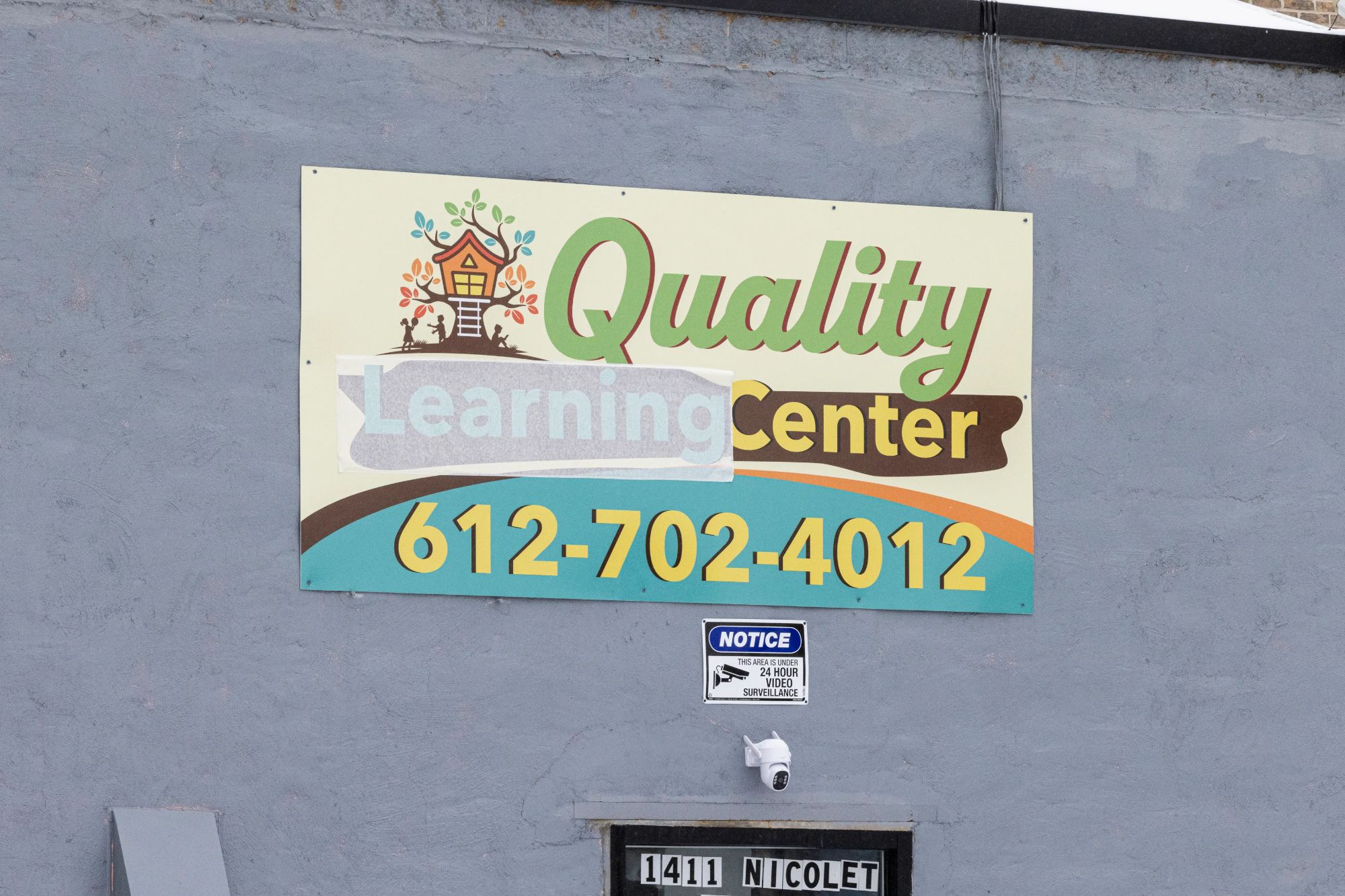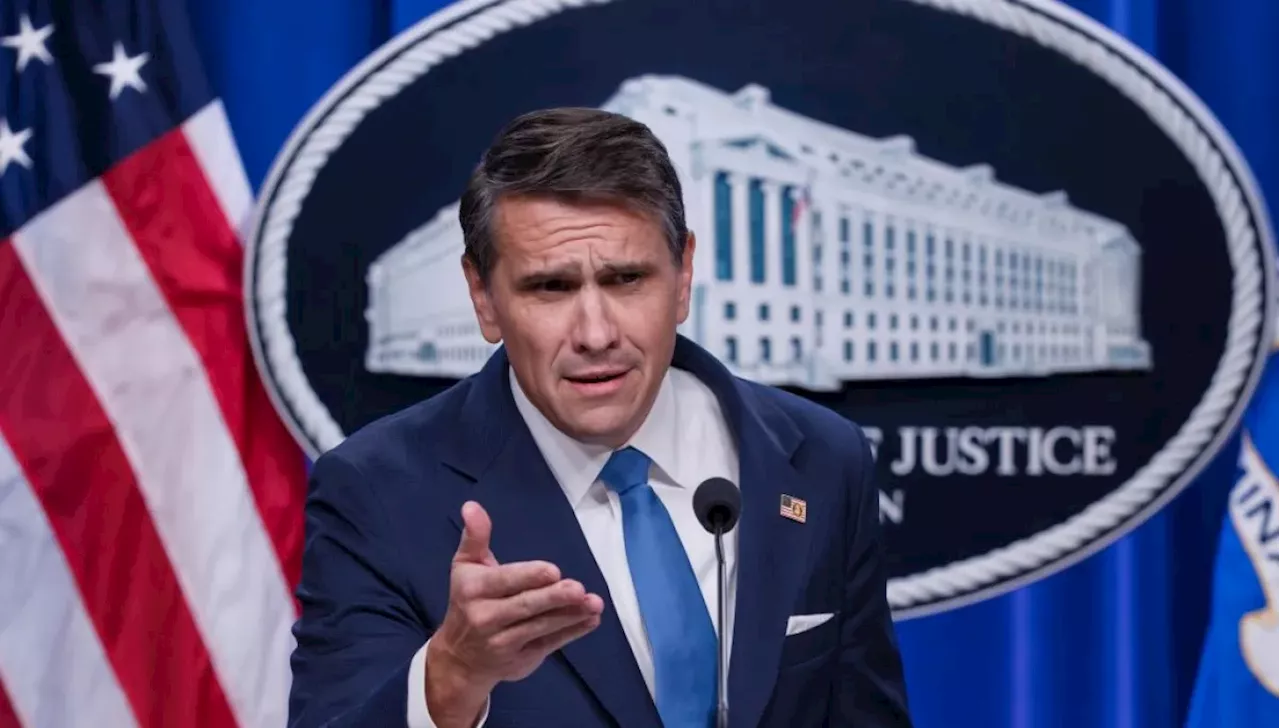Chancellor Kent Syverud of Syracuse University stated during a panel discussion in Washington, D.C., that he believes anti-Israel protests on campuses were encouraged by Iran. Speaking alongside other university leaders, Syverud described the protests that erupted following the October 7, 2023, Hamas attack on Israel, asserting that many demonstrators were not affiliated with the universities involved.
Syverud highlighted that the protests on his campus were “encouraged from Iran,” suggesting a level of orchestration beyond local student involvement. He noted, “These protests did not have the involvement of very many, if any, of our own students.” His comments reflect a growing concern among university administrators regarding external influences on campus activism.
Concerns Over Accountability and Coordination
The panel featured other prominent figures, including Chancellor Daniel Diermeier of Vanderbilt University and Chancellor Andrew D. Martin of Washington University in St. Louis. Diermeier pointed to a coordinated effort behind the protests, indicating that a “playbook” used in other institutions, such as Columbia University, was evident in student actions. He remarked, “Students were looking at and were using the playbook that they had seen at Columbia and other places.”
Syverud also expressed challenges in holding accountable those who participated in the protests due to the use of face masks, which some individuals wore to conceal their identities. He commented, “People were using masks to avoid accountability for what they were saying and doing,” raising concerns that some activists may not have been students at all.
Protests and University Responses
The panel was organized by Alums for Campus Fairness, a group dedicated to addressing antisemitism on college campuses. Following the October attacks, protests have erupted across numerous universities in the United States, leading to significant disruptions. For instance, over 100 individuals were arrested in April when the New York Police Department intervened to dismantle an encampment affecting student mobility at Columbia.
In May 2023, protests escalated at Columbia’s Butler Library, prompting police action and resulting in the arrest of several individuals. The university subsequently expelled or suspended more than 70 students for their involvement in these protests. Similar events unfolded at other prestigious institutions, including Harvard University, New York University (NYU), and University of California, Los Angeles (UCLA).
While Syverud’s comments underline a complex and concerning trend of external influence on campus protests, Syracuse University has not issued a formal response to the discussions held during the panel. The ongoing protests continue to raise questions about the dynamics of activism in academic environments and the challenges faced by university leadership in managing such events.







